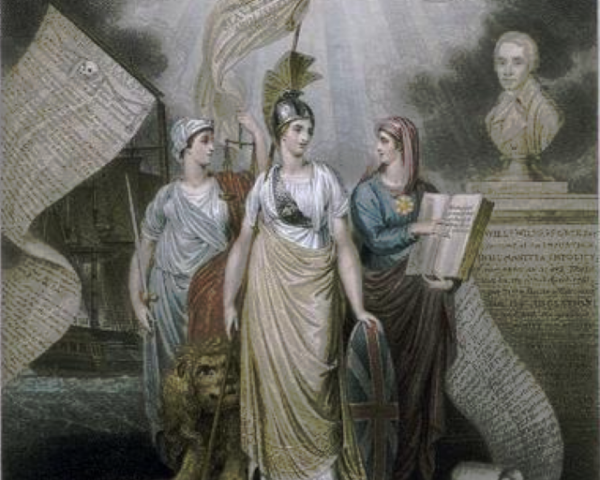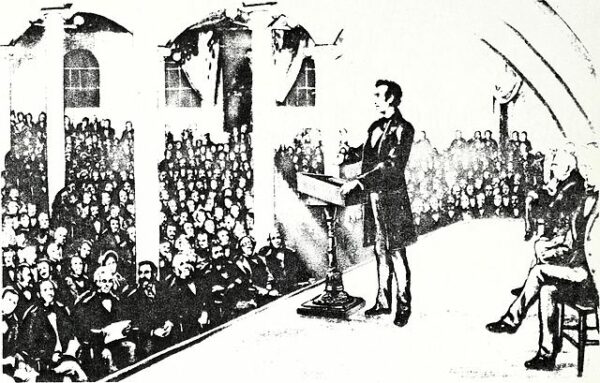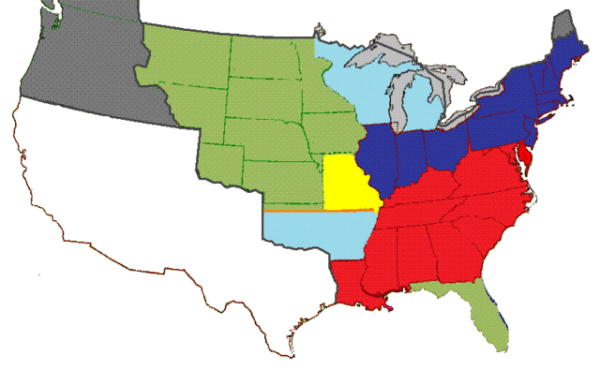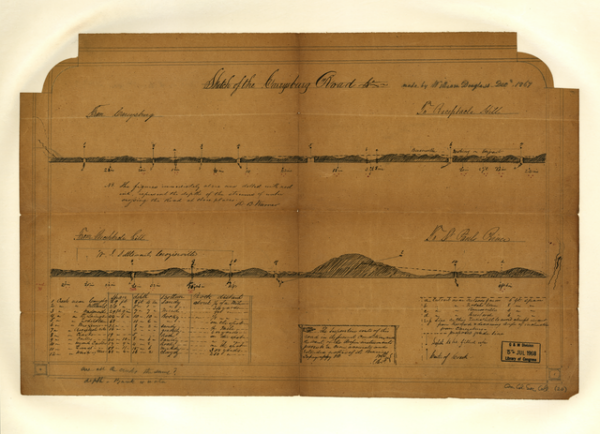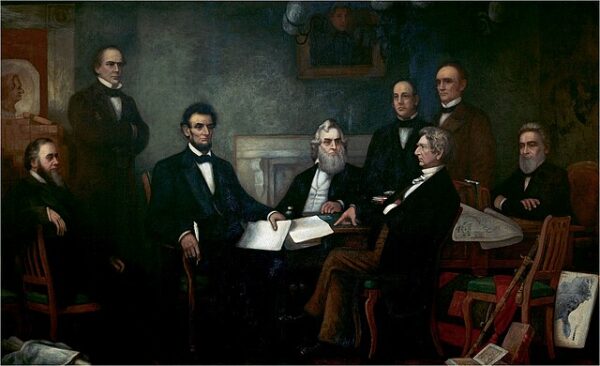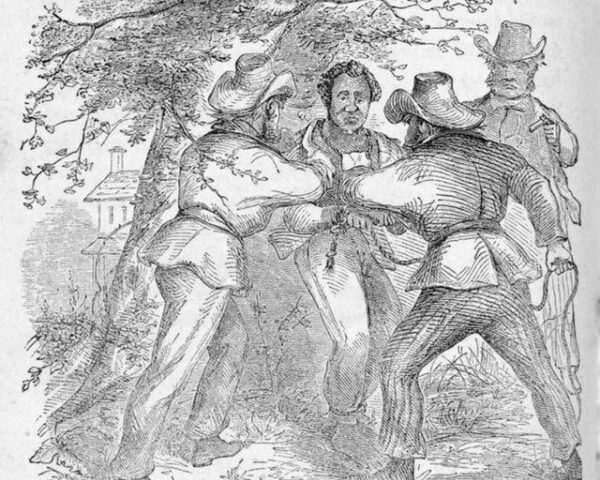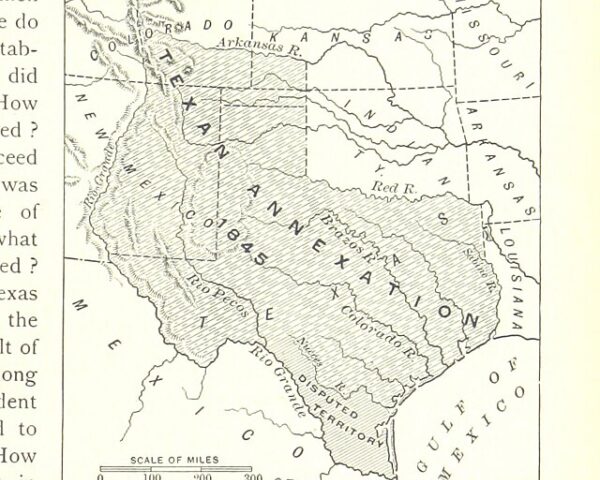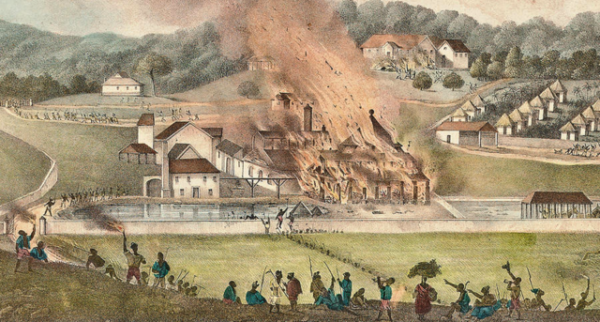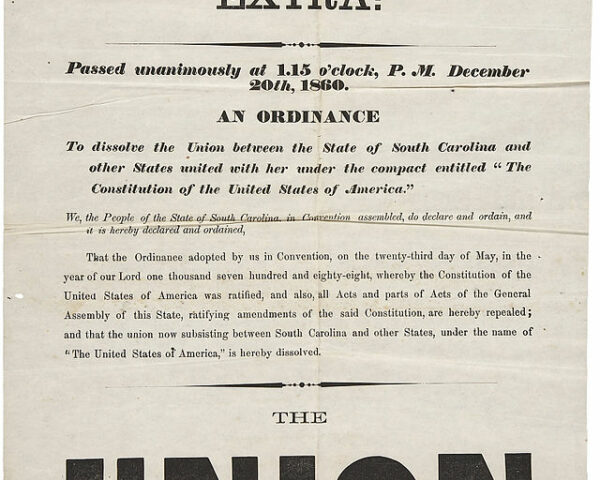In 1807, Congress passed a law banning the international slave trade to the United States, set to take effect at the start of 1808, as permitted by the Constitution. The debate over this legislation was influenced by economic interests, national security concerns, and fears…
Read MoreAbraham Lincoln’s Cooper Union address, delivered on February 27, 1860, in New York City, stands as one of the most legendary speeches ever given by an American politician. At the time, the United States was deeply divided over the issue of slavery, and the…
Read MoreOn February 17, 1820, hoping to end the question of the future of slavery in the United States, Congress introduced the Missouri Compromise. Henry Clay, a prominent statesman, orchestrated the compromise with the intent of preserving harmony in the Union by delicately balancing the…
Read MoreOn February 6, 1820, a small group of 86 African American emigrants departed New York aboard the ship Elizabeth, embarking on a journey that would bind the future of the United States to the West African coast in complicated and enduring ways. Sponsored by…
Read MoreOn February 1, 1865, Abraham Lincoln affixed his signature to the Thirteenth Amendment to the United States Constitution, completing the final executive step in abolishing slavery throughout the nation. The act itself—quiet, procedural, and almost anticlimactic—belied the enormity of its meaning. With a few…
Read MoreIt is considered one of the most important television miniseries of all time. On January 23, 1977, “Roots” debuted, marking a watershed moment in the history of American TV. Based on Alex Haley’s novel, the miniseries chronicled the journey of an African-American family, beginning…
Read MoreIn January 4, 1853, Solomon Northup finally breathed the sweet air of freedom again. Northup was an African-American man born in July 1808 in Minerva, New York. Born a free man in a time when slavery was still legal in the United States, Northup…
Read MoreOn December 29, 1845, Texas officially became the 28th state of the United States, marking the culmination of a decade-long struggle for recognition, sovereignty, and inclusion in the Union. The annexation of Texas stands as one of the most consequential and debated events in…
Read MoreOn December 25, 1831, as plantation owners across Jamaica gathered to celebrate Christmas, thousands of enslaved men and women quietly set in motion one of the most consequential uprisings in the history of Atlantic slavery. What became known as the Great Jamaican Slave Revolt—or…
Read MoreOn December 20, 1860, a secession convention in South Carolina voted unanimously to secede from the Union. Fearing that Republican Abraham Lincoln’s administration would appoint antislavery officials who would undermine slavery, slaveholders chose to abandon the Constitution and form their own nation. To justify…
Read More

